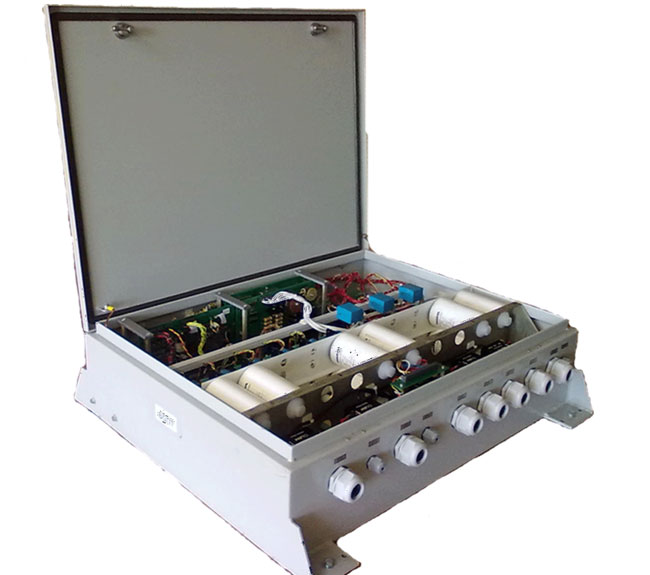Fundamentals of vector-controlled alternative current electromechanical systems with rolling pair kinematics
The generalized mathematical models for the class of transport objects with vector-controlled AC motors are developed. A novel decomposition based control concept for electromechanical systems with rolling pair kinematic is presented. Control algorithms development procedure based on this concept provides a solution for the basic traction control tasks. Proposed robust and adaptive control algorithms of the induction motors guarantees high performance torque-flux tracking and high energy efficiency under variation of the most critical induction motor parameters (rotor and stator resistances). Energy efficient control with maximum torque per Ampere optimization is synthesized in order to implement energy saving function "stop and go". The theory of energy generation using autonomous induction generators with capacitive excitation is developed.
Generalized theoretical approach allows designing vector controlled electromechanical systems for electric vehicles with following properties: vehicles dynamical properties can be assigned on the design stage; high comfort level of vehicle movement; improved energy efficiency during acceleration and braking (up to 30% in comparison with conventional parametric control and up to 10 % in comparison with traditional voltage-frequency control); reduced active power loss during low load operation (up to 20 %); saving up to 5 – 10% of electrical energy due to “stop and go” function realization; movement with maximum traction and prevention of slip. For the systems with induction generators improved stability properties under parameter variation is achieved.

| Attachment | Size |
|---|---|
| 322.55 KB |




